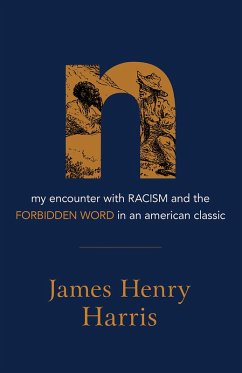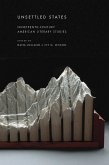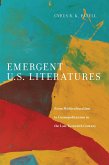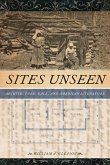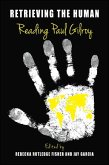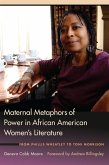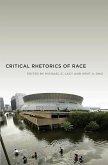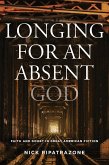This book is about a Black man's experience of reading Mark Twain's classic Adventures of Huckleberry Finn for the first time while in graduate school. The story captures the author's emotional struggle with Twain's use of the racial epithet more than two hundred times in the text. Author James Henry Harris reports being relieved to come to the end of the semester of "encountering Twain's use of [the forbidden word] every week. . . . I was teetering on the brink of falling apart. . . . For the first time the class seemed to understand my painful struggle, and my plight as a Black man in class was a metaphor, a symbol of the past, present, and postmodern condition of American society."
This is a courageous memoir that wrestles with the historic stain of racism and the ongoing impact of racist language in postmodern society. The book is about Harris's flashbacks, conversations, and dilemmas spawned by use of the epithet in a classroom setting where the author was the only Black person. His diary-like reflections reveal his skill as a keen reader of culture and literature. In these pages, Harris challenges his instructor and classmates and inspires readers to redress the long history of American racism and white supremacy bound up with the N-word. He reflects on how current Black artists and others use the word in a different way with the intention of empowering or claiming the term. But Harris is not convinced that even this usage does not further feed the word's racist roots.
Healing racial division begins with understanding the deep impact our words can have to tear down or to heal. This book invites the reader into this important conversation.
This is a courageous memoir that wrestles with the historic stain of racism and the ongoing impact of racist language in postmodern society. The book is about Harris's flashbacks, conversations, and dilemmas spawned by use of the epithet in a classroom setting where the author was the only Black person. His diary-like reflections reveal his skill as a keen reader of culture and literature. In these pages, Harris challenges his instructor and classmates and inspires readers to redress the long history of American racism and white supremacy bound up with the N-word. He reflects on how current Black artists and others use the word in a different way with the intention of empowering or claiming the term. But Harris is not convinced that even this usage does not further feed the word's racist roots.
Healing racial division begins with understanding the deep impact our words can have to tear down or to heal. This book invites the reader into this important conversation.
Dieser Download kann aus rechtlichen Gründen nur mit Rechnungsadresse in A, B, BG, CY, CZ, D, DK, EW, E, FIN, F, GR, HR, H, IRL, I, LT, L, LR, M, NL, PL, P, R, S, SLO, SK ausgeliefert werden.

